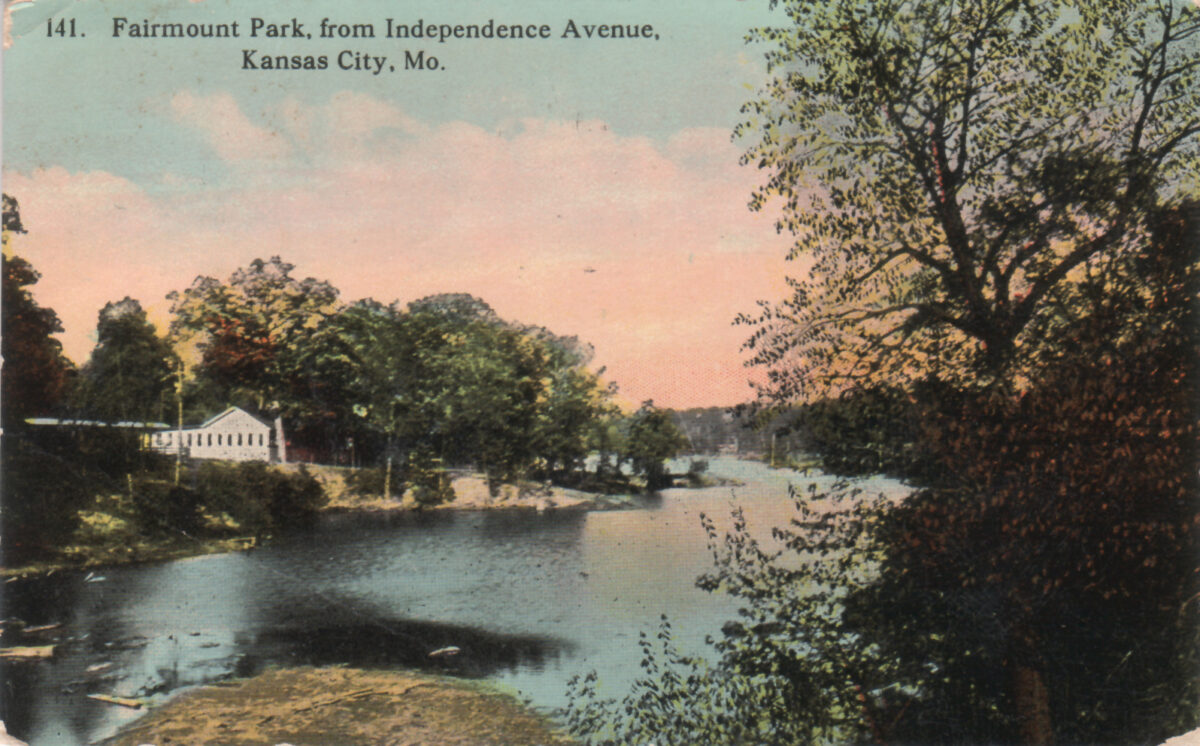
Dorri Partain
Contributor
On January 16, 1991, President George H.W. Bush announced the attack on military targets in Iraq, and Operation Desert Shield became Operation Desert Storm.
Also known as the Gulf War or the Persian Gulf War, Operation Desert Storm was enacted as a response to Iraqi President Saddam Hussein’s unprovoked attack on its neighboring country, Kuwait. The invasion began on August 2, 1990, and after 36 hours Kuwait’s army of 20,000 had suffered a loss of 4,200 personnel.
Responding quickly, the United States, in combination with its military allies, formed a response named Operation Desert Shield on August 7 and began moving troops and equipment into place to protect oil fields in Saudi Arabia.
The United Nations quickly placed sanctions on Iraq. On November 29, the UN Security Council passed Resolution 678, requesting that Hussein and his Iraqi forces leave Kuwait by January 15, 1991, or military action would ensue.
Operation Desert Storm began as a six-week air strike prior to the ground campaign; 116,000 combat air sorties dropped 88,500 tons of bombs, wiping out strategic Iraqi military compounds that destroyed 3,000 tanks, 1,400 armed personnel carriers and 2,200 artillery pieces.
Under the direction of US Army Generals Colin Powell (1937-2021) and H. Norman Schwarztkopf (1934- 2012), the ground force attack began on February 28. The First Infantry Division (Big Red One) of Ft. Riley, Kan., provided the majority of personnel deployed.
Within 100 hours, the ground forces took control of Kuwait and military action ceased on February 28. During the six month, three week and five day campaign, 98 US soldiers gave their lives to the cause of liberating Kuwait from Iraqi control.
Hussein, who once led the fifth largest army in the world and was suspected of amassing chemical weapons, eluded capture until December 13, 2003. Found guilty of charges not related to the Gulf War by the Iraqi Special Tribune, Hussein was executed by hanging on December 30, 2006.
To show support of US troops, communities and groups sold bumper stickers, pin-back buttons and yellow ribbons, with the proceeds going to military support services or humanitarian efforts in Kuwait.

















